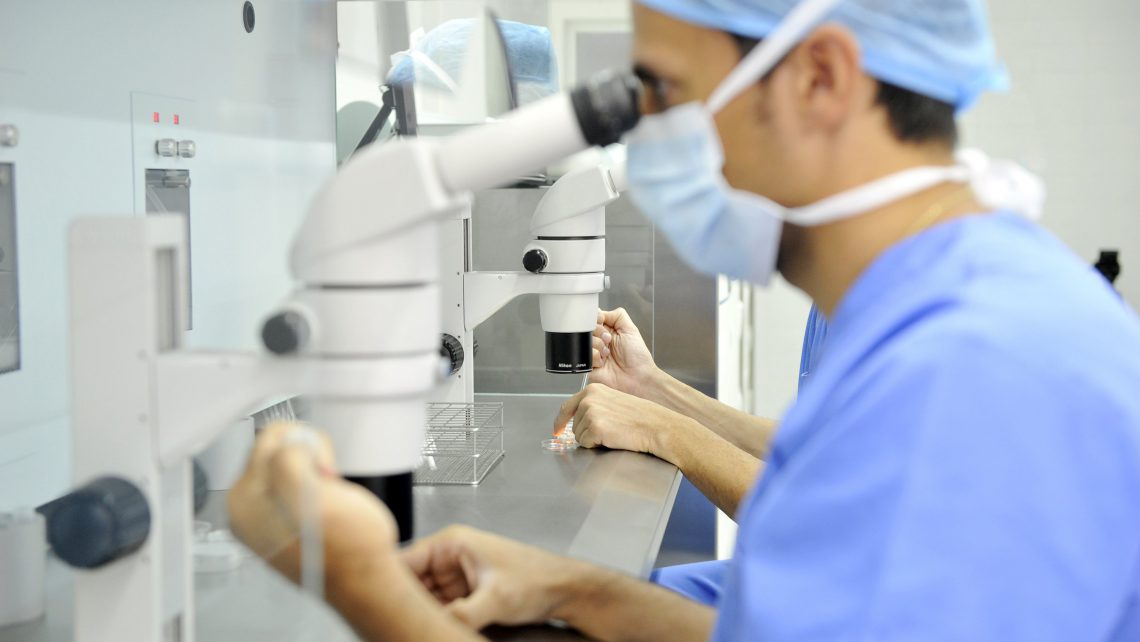Instituto Bernabeu studies the impact on pregnancy rates of random-start ovarian stimulation performed on oocyte donors
03-01-2019

Instituto Bernabeu has presented research work analysing the clinical results obtained in an oocyte donor programme following random-start ovarian stimulation in comparison with conventional ovarian stimulation to the Sterility and Infertility Section of the Spanish Society of Gynaecology and Obstetrics (SEISEGO). Researchers at the reproductive medicine clinic discovered that there are no significant differences between the results and they highlight that this is an advantage for commencing treatment and synchronising the donor and recipient.
The concept of beginning this kind of stimulation at any point during a menstrual cycle, as well as conventional ovarian stimulation that begins at the start of the follicular phase, has been advocated over the last few years. The follicular phase is the first phase of the menstrual cycle when the follicles that contain ova develop. One of them develops and is stored in the endometrium. Random-start stimulation is of particular interest in terms of fertility preservation in women with cancer because it can significantly reduce the necessary wait before starting to treat the disease. Random-start ovarian stimulation of this kind has also been extended for use in other patients such as oocyte donors.
In order to understand if there are differences between the two processes, Instituto Bernabeu assessed clinical pregnancy rates in receptor patients who were given oocytes following conventional donor ovarian stimulation compared with the rate following random-start stimulation. A total of 145 donors began the stimulation protocol between days 2 and 4 of the menstrual cycle, whilst a further 95 began treatment during a mid to late follicular or luteal phase. The clinical results in receptors was also assessed.
In both cases, the number of oocytes retrieved was similar and the fertilisation rate was also similar: 69.6% in conventional stimulation and 71.1% in random stimulation. The pregnancy rate was similar: 45.3% and 43.9%, respectively.
The research work was led by Instituto Bernabeu gynaecologist, Ángela Llaneza, and involved the participation of Jaime Guerrero, Manager of the Egg Donation Unit. It concludes that random-start ovarian stimulation does not affect oocyte potential since there are no significant differences between the clinical pregnancy rates that are obtained nor between other parameters.
‘Clinical results following random-start ovarian stimulation in an oocyte donor programme’
Á. Llaneza, J. Guerrero, C. Cusnaider, J. Ten, R. Bernabeu
